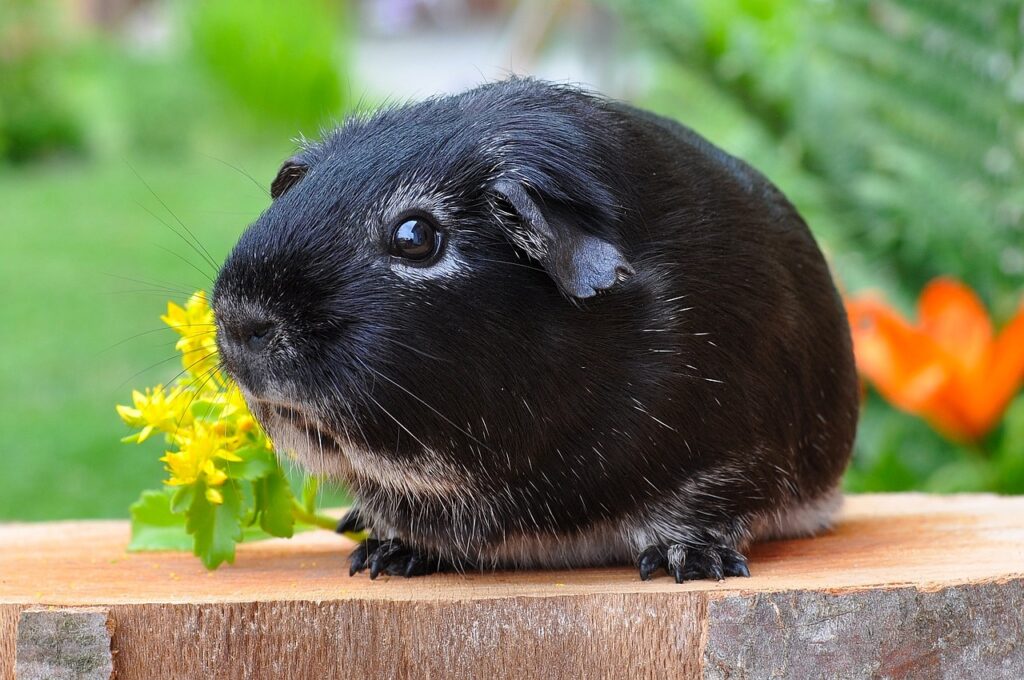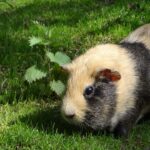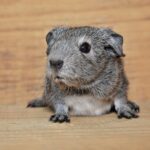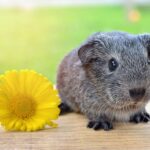Can Guinea Pigs Eat Kale? — Exploring the Nutritional Benefits
Guinea pigs, like many other pets, have specific dietary needs to support their overall health and well-being. As an experienced SEO expert content writer, I can confidently say that kale can indeed be a great addition to a guinea pig’s diet. Here’s why:
The Nutritional Advantages of Kale for Guinea Pigs
Kale is a leafy green vegetable that is packed with essential nutrients, making it a valuable addition to a guinea pig’s diet. High in vitamin C, kale helps fulfill the daily requirement of this vital nutrient for guinea pigs. Vitamin C is crucial for their overall health, as it aids in the production of collagen and supports the immune system.
In addition to vitamin C, kale also contains other essential vitamins and minerals that can benefit guinea pigs. It is a good source of vitamin K, which plays a role in blood clotting, and vitamin A, which promotes healthy vision and skin. Furthermore, kale offers minerals such as calcium, iron, and potassium, which are necessary for maintaining strong bones, promoting healthy blood function, and supporting optimal cell functioning.
The Ideal Frequency and Quantity for Guinea Pigs
When it comes to feeding kale to guinea pigs, moderation is key. While it offers numerous health benefits, it should be incorporated into their diet alongside a variety of other fresh vegetables and leafy greens. Aim to offer kale to your guinea pig once or twice a week and ensure that the portion size is appropriate.
For an average-sized guinea pig, a few small leaves or a small handful of chopped kale is sufficient. Remember that guinea pigs have sensitive digestive systems, so introducing new foods gradually and in small amounts is essential to prevent any stomach upset or digestive issues.
Potential Cautions when Feeding Kale to Guinea Pigs
Although kale is generally safe for guinea pigs, there are a few considerations to keep in mind. Firstly, kale should always be given in moderation and in combination with a balanced diet that includes other fresh vegetables and hay. Feeding kale excessively could lead to an imbalance in their diet, which may have adverse effects on their health.
Additionally, kale contains calcium oxalate, a compound that can contribute to the formation of bladder or kidney stones in some guinea pigs. To minimize this risk, ensure that your guinea pig has access to fresh water at all times to help flush out excess minerals from their system.
Is Kale Safe for Other Pets?
While kale is a safe and nutritious option for guinea pigs, it’s important to note that different pets have different dietary needs. Kale, for instance, is safe for rabbits and some other small mammals, but its suitability may vary for other pets. Always consult with a veterinarian to determine if kale or any specific food is appropriate and safe for your other pets.
Conclusion
In conclusion, guinea pigs can indeed enjoy the nutritional benefits of kale. This leafy green vegetable provides essential vitamins and minerals, particularly vitamin C, which supports their overall health. However, it should be fed in moderation alongside a varied diet to ensure a balanced nutrition intake. Remember to introduce new foods gradually and consult with a vet if you have any concerns. With responsible feeding, kale can be a nutritious addition to your guinea pig’s diet.






